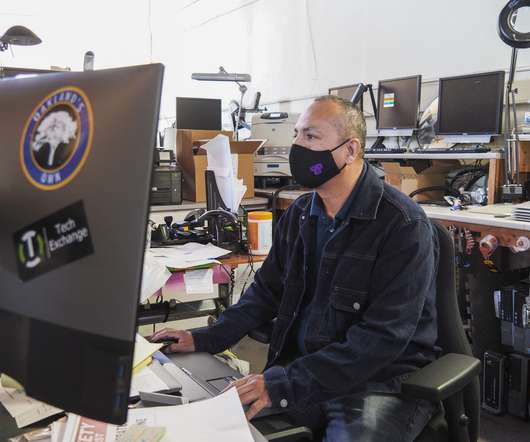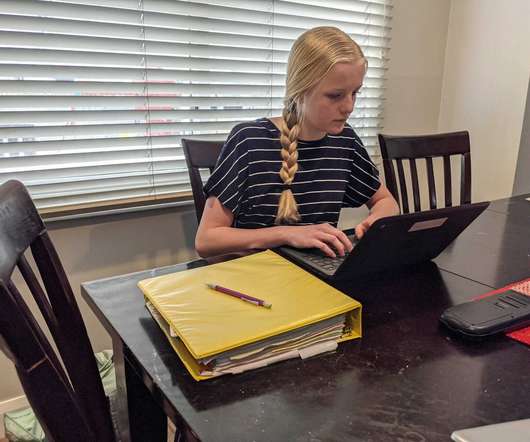How one city closed the digital divide for nearly all its students
The Hechinger Report
APRIL 14, 2022
We have this huge digital divide that’s making it hard for [students] to get their education,” she said. David Silver, the director of education for the mayor’s office, said people talked about the digital divide, but there had never been enough energy to tackle it. Credit: Javeria Salman/ The Hechinger Report. “We















Let's personalize your content